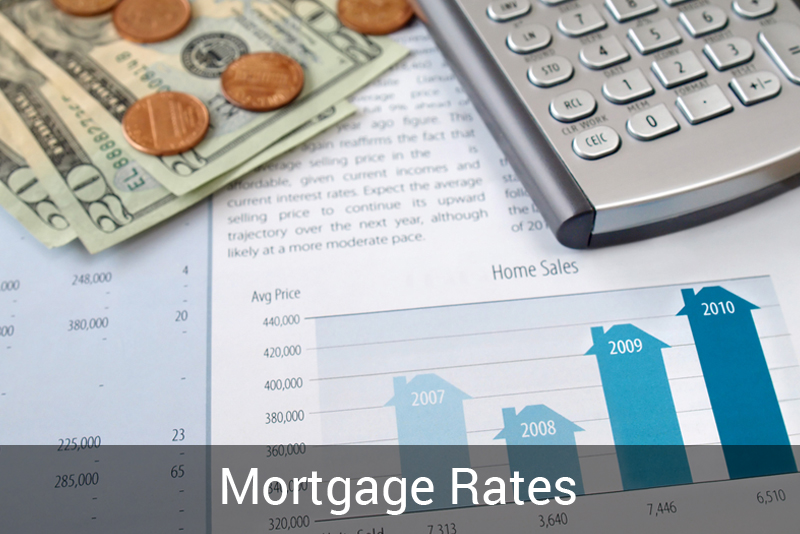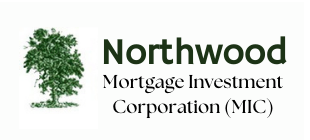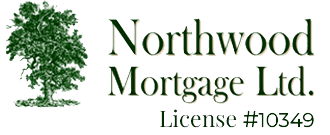The real estate market is driven by mortgage rates and house prices together. The past decade has seen a gradual decrease in interest rates, and increase in house prices. Interest rates are predicted to rise. Is the real estate market sound?
Mortgage rates can be either variable rate or fixed rate, and these rates depend on the central bank and the financial market.
Variable rates and fixed rates explained
Variable rate mortgages change with the lender’s prime lending rate changes. This rate is linked to the Bank of Canada’s overnight lending rate.
If you have a variable rate mortgage, your relationship to prime will remain constant though the prime rate itself will fluctuate. There is a great deal of financial uncertainty, though variable rates can lead to considerable savings over time.
Fixed rate mortgages will remain constant for the entire duration of your mortgage. Fixed rates depend on bond yields, which depend on the financial market.
Canada is recovering from the recent global economic downturn, but though the financial market is improving there is still a long way to go.
Predicted trends for the real estate market
Future trends depend on several factors. Analyzing mortgage costs and house prices together provides a better forecast, as homebuyers must factor the cost of their mortgages when deciding to enter the housing market.
The market may experience a slowdown if mortgage rates rise and housing starts decline. However, none of Canada’s major cities is currently significantly overbuilt. Toronto’s condo market is perhaps the riskiest market.
The Conference Board of Canada, which analyzes economic trends, expects mortgage rates to rise throughout 2014. It is expected that mortgage interest rates will rise by about 2 percentage points by 2018.
House prices have been increasing since the beginning of 2009, though these rising prices were cushioned by low interest rates. This indicates a cooling of the housing market, rather than a crash.
The real estate market’s positive future is also dependent on the small—and shrinking—number of mortgages in arrears in Canada. And as national employment is slowly growing, the number of mortgages in arrears is likely to fall even more.
The interest rate increases are therefore unlikely to cause a crash in the Canadian real estate market.
Sources used in researching this article include Canadian Mortgage Advisor: Whatever will happen to mortgage rates if house prices fall, Canadian Mortgage Advisor: Interest rates – are they really going up? and The Globe and Mail: All the data point to a soft landing for Canada’s housing market






































